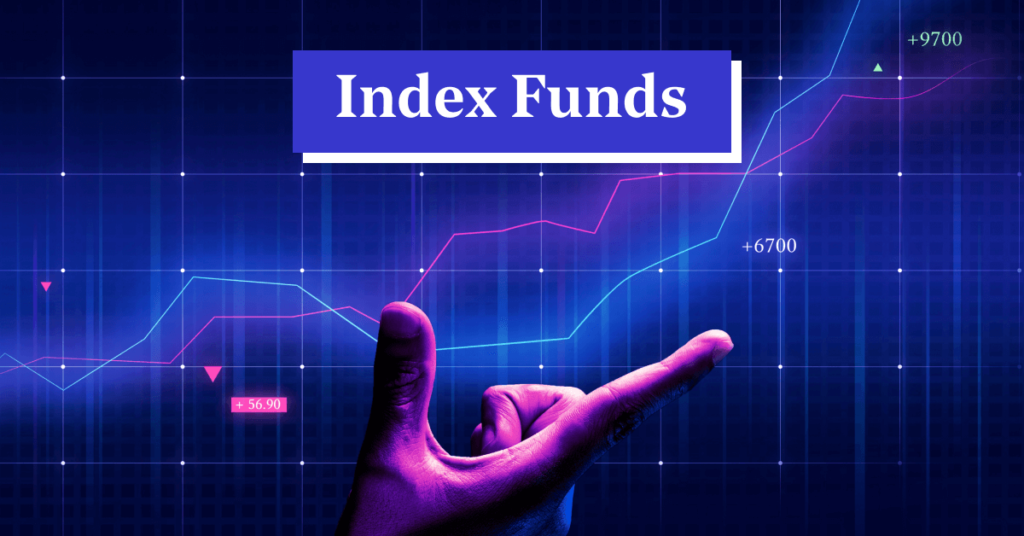When it comes to investing, two popular options often come into play: Index Trading and Stock Trading. Both avenues offer opportunities for investors to grow their wealth, but they operate in distinct ways. Let’s delve into the disparities between these two investment strategies to help you make informed decisions about your financial future.
What is Index Trading?
Index trading involves investing in a portfolio of stocks representing a particular market index, such as the S&P 500 or the Dow Jones Industrial Average. Rather than purchasing individual stocks, investors buy shares of an exchange-traded fund (ETF) or a mutual fund that mirrors the performance of the chosen index.

Key Characteristics of Index Trading:
Diversification: Index trading provides exposure to a broad range of stocks within the index, spreading risk across multiple companies and industries.
Passive Management: Unlike actively managed funds, index funds aim to replicate the performance of the underlying index rather than outperform it. This typically results in lower management fees.

Market Representation: Investors can gain exposure to the overall performance of the market or specific sectors without selecting individual stocks.
Understanding Stock Trading
On the other hand, stock trading involves buying and selling shares of individual companies listed on the stock exchange. Investors analyze various factors, such as company fundamentals, market trends, and economic indicators, to make informed decisions about which stocks to buy or sell.

Key Characteristics of Stock Trading:
Selectivity: Stock traders have the flexibility to choose which companies to invest in based on their research and analysis.
Potential for Higher Returns (and Risks): While individual stocks have the potential for significant gains, they also come with higher volatility and risk compared to index funds.
Active Management: Stock traders actively monitor their investments, buying and selling stocks based on market conditions and changes in their investment thesis.

Key Differences between Index Trading and Stock Trading
Diversification vs. Selectivity: Index trading offers broad diversification across multiple stocks, reducing the impact of poor performance by any single company. In contrast, stock trading requires investors to carefully select individual companies, potentially leading to higher returns but also exposing them to greater risk.

Management Style: Index trading typically follows a passive management approach, aiming to match the performance of the underlying index. Stock trading involves active management, with investors making frequent decisions to buy or sell stocks based on market conditions and their investment strategy.
Fees and Expenses: Index funds generally have lower management fees compared to actively managed funds or the costs associated with frequent trading in the stock market.
Market Exposure: Index trading provides exposure to the overall market or specific sectors, while stock trading allows investors to focus on particular companies or industries they believe will outperform the market.

Conclusion
In summary, both index trading and stock trading offer opportunities for investors to grow their wealth, but they operate in fundamentally different ways. Index trading provides diversification, low fees, and market exposure, making it suitable for investors seeking long-term, low-maintenance investments. On the other hand, stock trading offers the potential for higher returns through selective investing but requires active management and entails higher risk. Understanding the differences between these two approaches can help investors make informed decisions aligned with their financial goals and risk tolerance.

FOR A FREE STOCK MARKET SEMINAR VISIT HERE
CALLS @ 9986622277
Disclaimer
The information provided here is for general informational purposes only and should not be construed as financial advice. Investing in the stock market involves inherent risks, and there is no guarantee of profits or protection against losses. Before making any investment decisions, it is essential to conduct thorough research and seek advice from a qualified financial advisor or professional.
